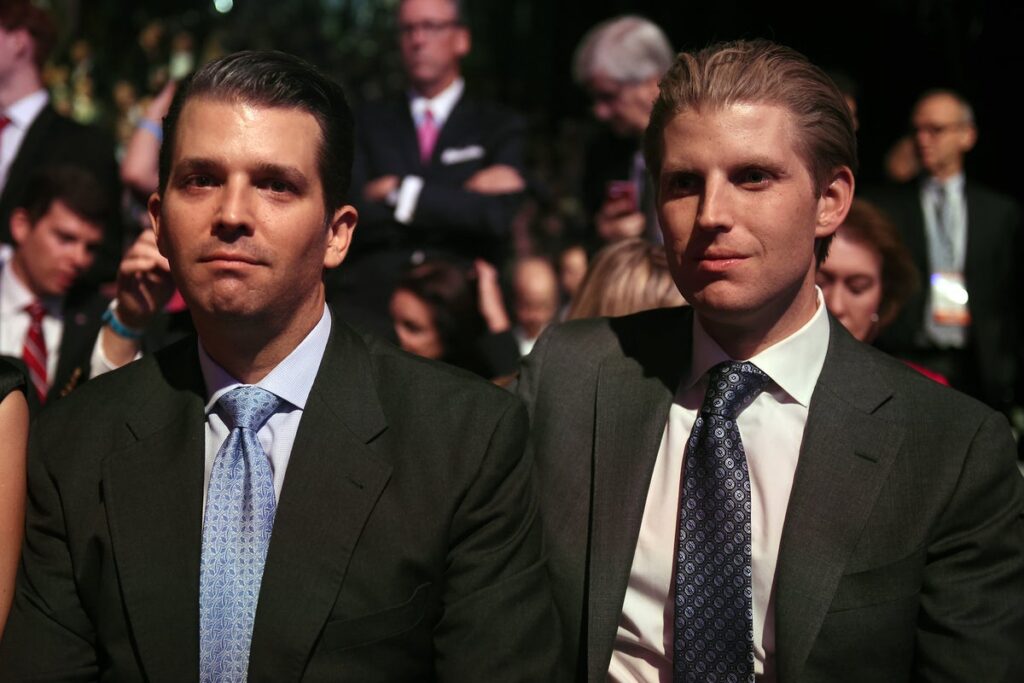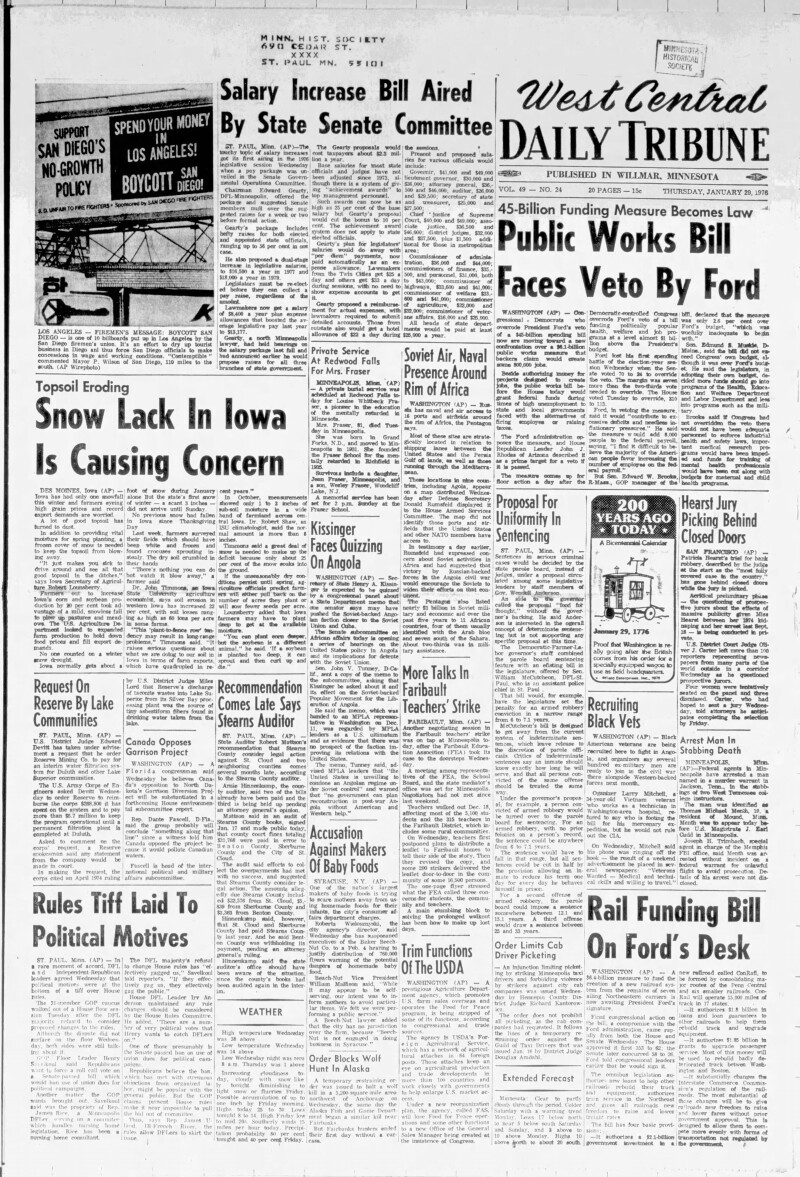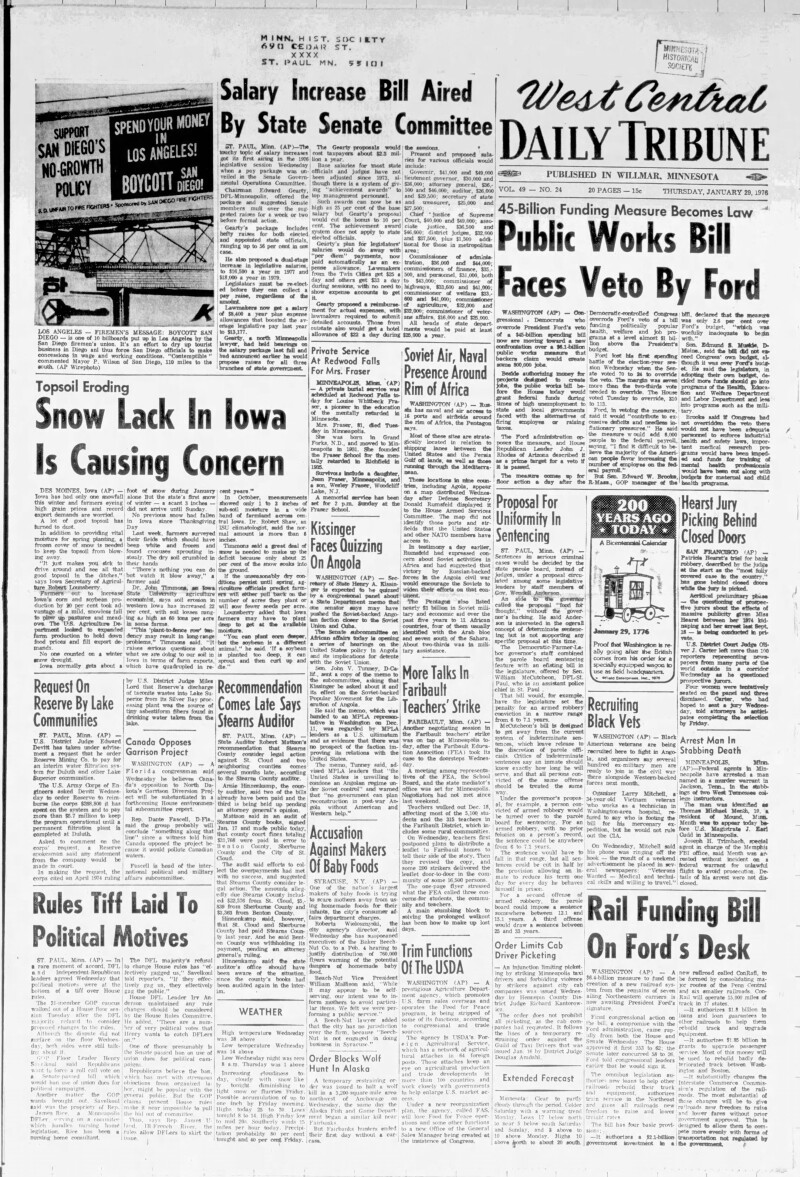
UPDATE: New reports confirm that taxpayers have footed over $40,000 for hotel and transportation expenses during Donald Trump Jr. and Eric Trump’s recent trip to the Middle East. This expenditure comes at a time of significant budget cuts affecting thousands of government employees and vital programs.
Federal procurement data analyzed by The Independent reveals that the Secret Service incurred $40,797.24 in costs for the protective detail assigned to the Trump brothers while they pursued private business ventures in Qatar and Saudi Arabia this past spring. The expenses included over $26,813.24 for luxury accommodations at The Ned, a 5-star hotel in Qatar, as well as $13,984 for rental vehicles secured by the U.S. Embassy in Riyadh.
The hotel stay for Donald Trump Jr., 47, was allocated as “Trump Jr Visit – May 25 – Team X” and was approved shortly after his father’s visit to the kingdom. Notably, Eric Trump, 41, was not part of the official delegation, raising questions about the appropriateness of these expenditures.
The Secret Service defended its actions, stating,
“We support any of our protectees, that go anywhere in the world, including foreign trips.”
However, the revelation has ignited controversy over the Trump family’s ongoing monetization of the presidency, with critics arguing that taxpayer funds should not support private interests.
The Trump Organization, which is currently managed by Don Jr. and Eric, has recently entered into a partnership with a Qatari firm to develop a luxury golf resort. This deal, announced just prior to the brothers’ trip, is part of a broader strategy that includes two new projects in Riyadh and a Trump Tower in Jeddah.
Questions surrounding the legitimacy of these international business dealings echo previous concerns raised during Donald Trump’s first term. While administration officials have attempted to downplay the significance of these trips, critics argue they highlight a troubling blend of personal business and public service.
The timing is also crucial; only weeks after the Trump brothers’ trip, Saudi Arabia announced a commitment to purchase at least $100 billion in military equipment from the U.S., alongside a significant deal with Qatar for $200 billion worth of U.S.-made jets. Such developments raise alarms about potential conflicts of interest and the ethical implications of the Trump family’s business operations while in power.
This incident recalls previous instances where taxpayer dollars were used for family-related travel, including a $90,000 bill for First Lady Melania Trump’s brief visit to Cairo in 2018, further complicating the narrative surrounding the Trump family’s spending habits.
As scrutiny mounts, the Biden administration has already revoked Secret Service details for members of the Trump family, a move seen as both a symbolic and practical shift in the approach to security and protection for former officials.
Next Steps: As investigations into these expenditures continue, public discourse around the intersection of politics and private gain is expected to intensify. The implications of these revelations could have a lasting impact on public trust and the political landscape as the nation approaches the next election cycle.
This developing story raises critical questions about the responsibilities of public officials and the ethical boundaries of their private business pursuits. As more details emerge, the public and officials alike will be watching closely.




